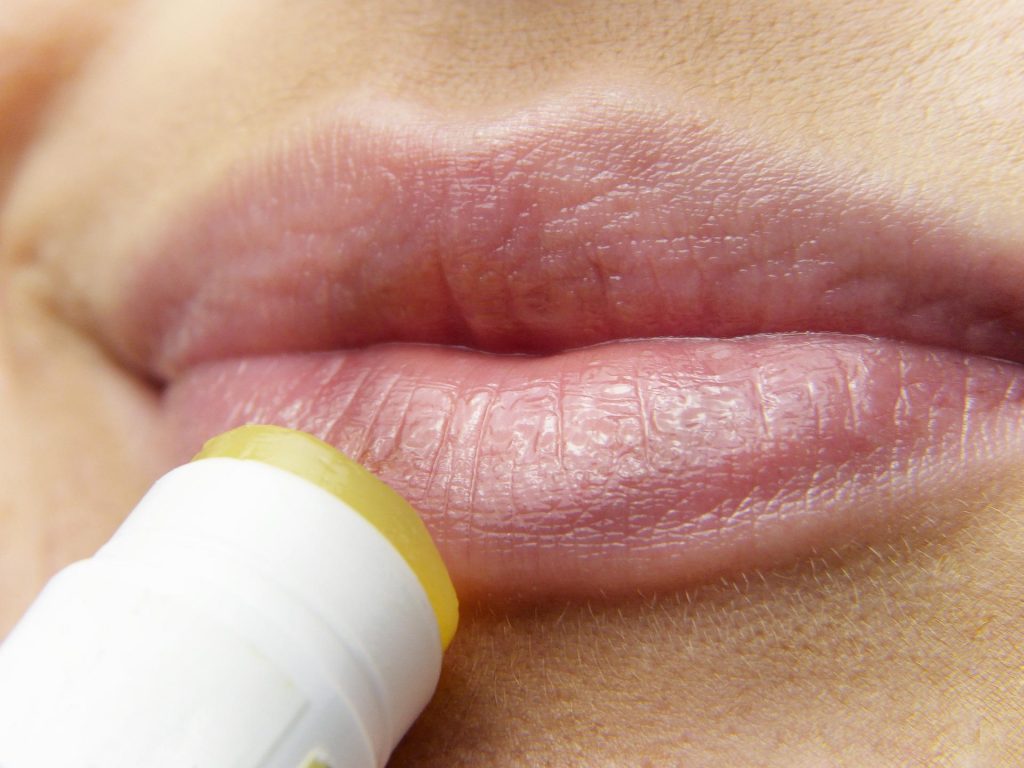How Do You Test For Herpes?
You can test for herpes in three different ways: a blood test, a urine test, and/ or a swab test. The right test for you will depend on:
- whether you have any symptoms at the time of your test
- how long ago you think you might have been exposed
- where you think you have herpes
- your personal preferences
Can you test accurately for Herpes?
Herpes testing is very accurate. However, it is important to choose the right test type. If you choose the wrong test it may tell you that you do not have herpes when you do. This may put your own and your future partners’ health at risk.
Can you be tested for Herpes without symptoms?
You can test for herpes with and without symptoms. If you do not have symptoms then you should have a blood test, but you must wait at least 4 to 6 weeks since any potential exposure. If you do have symptoms, you should choose a swab test to take a PCR swab of the suspected herpes blister or rash. If you would prefer not to have a swab, then you can choose to provide a urine sample. A urine sample is also the preferred sample if you have an outbreak near your urethra (where your urine comes out of you).

Remember even if you had sex with a new partner 4 to 6 weeks ago and have no symptoms, you could still have herpes. The only way to know is to get tested.
Is Herpes detected in a blood test?
Yes, herpes is detected in a blood test. This is our most popular herpes test. It will tell you whether you have herpes 1 (usually oral herpes), herpes 2 (usually genital herpes), neither, or both. This test needs a small blood sample.
You should wait until at least 4 to 6 weeks after you think you might have caught herpes before having this test. If it has been less time than this, you can either wait or choose another test if you have symptoms.
Does Herpes show in a urine test?
Herpes will show in a urine test if and only if you have symptoms at the time of the test. So, a positive urine test means that you do have herpes. If it is negative, it means you did not have an outbreak at the time of the test. You may still have herpes or catch it in the future.

Does Herpes go away?
Herpes is not curable and will not go away. However, there are lots of creams and medications to help make outbreaks more bearable. Your Better2Know doctor will be able to help you.
How do I find the nearest place to have a Herpes Test?
We can help you. Just click here to find your nearest clinic and book your herpes test.
Categories
- Abu Dhabi
- Bacterial Vaginosis
- Bahrain
- Blood Tests
- Cancer
- Cervical Cancer
- Chlamydia
- Dubai
- Fertility
- Gardnerella
- Genital Warts
- Gonorrhoea
- Hepatitis A
- Hepatitis B
- Hepatitis C
- Herpes
- HIV (AIDS)
- HIV Testing
- HPV
- Instant Testing
- Kuwait
- Locations
- Middle East
- Mycoplasma
- Oman
- PAP Smear
- Positive STI Results
- Qatar
- Saudi Arabia
- Sex Education
- Sexual Health
- Sexual Health News
- Sexually Transmitted Infections
- STD Symptoms
- STD Tests and Screens
- STI Results
- STI Treatment
- STIs
- Sustainability
- Swab Tests
- Syphilis
- Trichomoniasis
- Uncategorized
- United Arab Emirates
- Ureaplasma
- Urine Tests




